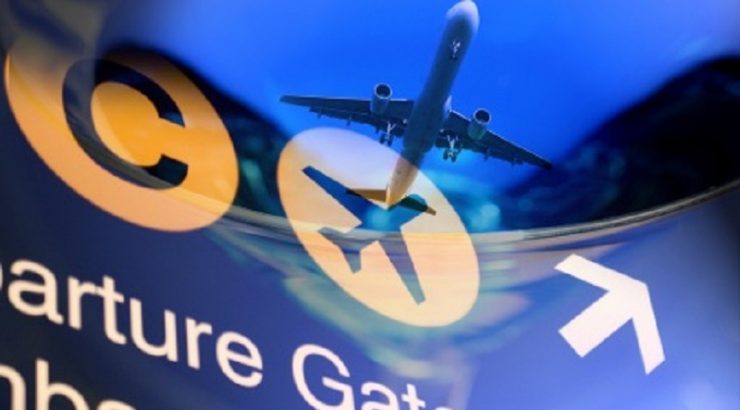INDONESIA National Air Carriers Association (INACA) assesses that government policies related to the operation of transportation modes with restrictions on passenger criteria in accordance with Circular Letter of Task Force for the COVID-19 Handling no.4/2020 remain in line with the period of the homecoming ban and Large-Scale Social Restrictions (PSBB).
According to INACA Secretary General Bayu Sutanto said the availability of public transportation remained in spite of strict health restrictions and protocols during the period of homecoming and social restrictions. However, not all flight routes are possible to be served because a number of regions have restricted the arrival of people to their territory.
“Not all routes are served. The point is that at pm25 a special non-homecoming flight is arranged and the COVID Task Force is a legal umbrella for transportation activities during the COVID-19 response and homecoming ban. We all still want the corona virus pandemic to end and get back to normal,” he explained, Thursday (7/5).
Meanwhile the Indonesian Consumers Foundation (YLKI) assesses the government has banned Lebaran homecoming, since 04/24/2020 via Transportation Minister Regulations (Permenhub) No. 25/2020. This step should be appreciated because the spread of the corona virus is increasingly widespread, even the epicenter has the potential to move to the regions.
The Chairman of the YLKI Daily Management Tulus Abadi said that the ban seemed to be only as old as corn, because the Ministry of Transportation would revise Permenhub No. 25/2020, which basically will relax the homecoming ban, and will be enforced 07/04/2020.
“Really this is a counter-productive policy, even blunder if the ban on going home is relaxed, whatever the method and reason. This means that the government is inconsistent alias playing with fire in an effort to control so that Covid-19 does not become increasingly endemic to regions,” he added.
According to him, the relaxation of the prohibition of going home in the form of exceptions for certain people, practices in the field will be difficult to control, and even have the potential to be abused.
He hoped not to let the corona virus curve go down but was forced to go down in various ways, even though in the field the cases were still increasing. At the moment the COVID-19 curve is heading towards the peak. By doing so, it becomes irrelevant to relax the Lebaran homecoming ban. Relaxation will be relevant if the curve has decreased, and even that must be extra careful.
The impact of relaxation has also been negatively suspected by the Singapore SUTD that the pandemic in Indonesia will end as early as September 2020. Whereas from the original prediction, the Singapore SUTD predicts the corona virus pandemic in Indonesia will end in June 2020. The fallback of this prediction is due to the relaxation in the implementation of the PSBB, and one of them relaxation of the Lebaran homecoming ban.
Economically, Lebaran homecoming relaxation is a reckless act, because it only considers short-term economic interests, but will have a negative impact on the national economy in the long run.
“We ask that the regional government be consistent with this homecoming ban. Relaxation efforts from the central government should be ignored. YLKI firmly rejects any forms and efforts to relax the prohibition of going home. Just simply revoke the Lebaran homecoming ban, there is no need to exclude on the pretext of relaxation,” he concluded. [business.com/photo special]
















